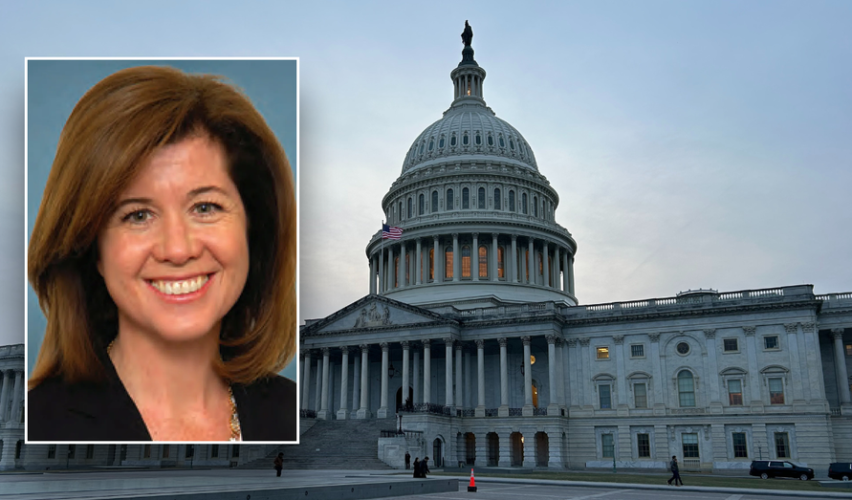Senate Parliamentarian Elizabeth MacDonough struck down several provisions in the Big Beautiful Bill targeting federal workers as violating the Byrd Rule, but a couple were allowed to remain. The Byrd Rule, named after Sen. Robert Byrd, restricts reconciliation bills to provisions with a direct budgetary impact, requiring a 60-vote threshold for non-compliant measures in the Senate, where Republicans hold only 53 seats.
Provisions Struck Down by the Senate Parliamentarian
The following provisions were deemed non-compliant with the Byrd Rule, effectively blocking them under the reconciliation process unless modified or supported by a supermajority:
Civil Service Protections for New Federal Workers: A proposal would have required new federal hires to pay significantly higher retirement contributions (nearly 15% of their paychecks) to retain traditional civil service protections. Alternatively, they could opt to become “at-will” employees, subject to termination without cause. The Parliamentarian ruled this provision extraneous, as it primarily affected policy rather than the federal budget.
Filing Fee for Merit Systems Protection Board (MSPB) Claims: Section 90102 imposed a $350 fee for federal employees to file appeals with the MSPB, which adjudicates cases related to federal merit systems and protects against partisan or prohibited personnel practices. This was struck down as it was seen as a policy change with minimal budgetary impact.
Charging Federal Unions for Agency Resources: Section 90102 required federal agency heads to charge federal employee unions a quarterly fee for using official time and agency resources (e.g., office space or equipment). The Parliamentarian ruled this provision violated the Byrd Rule, as it was primarily a policy shift rather than a direct budgetary measure.
Agency Reorganization and Layoff Authority: A provision would have granted the Trump administration broad authority to reorganize federal agencies and lay off thousands of federal workers without Congressional approval. This was deemed non-compliant with the Byrd Rule, as it focused on structural and policy changes rather than budgetary effects.
Provisions Allowed to Stand
The Senate Parliamentarian permitted the following provisions to remain in the reconciliation package, as they were deemed to have a direct and substantive impact on the federal budget:
Audit of Federal Employees Health Benefits Program (FEHBP): A provision tasks the Office of Personnel Management (OPM) with conducting an audit of FEHBP enrollees to ensure family members remain eligible as dependents. This was allowed to stand, as it directly relates to federal spending on health benefits and aims to reduce costs by identifying ineligible dependents.
10% Fee on Payroll Deductions: A requirement mandates the government to charge a 10% administrative fee on deductions from federal workers’ paychecks, such as union dues and charitable contributions (e.g., through the Combined Federal Campaign). This was permitted, as it generates revenue directly affecting the federal budget.
The Parliamentarian’s rulings significantly curtailed efforts to alter federal worker protections and union operations, preserving existing civil service structures unless Republicans can secure bipartisan support or revise the provisions to comply with Senate rules. Senate Majority Leader John Thune has indicated he will not overrule the Parliamentarian, making these rulings binding unless the provisions are dropped or reworked.



























